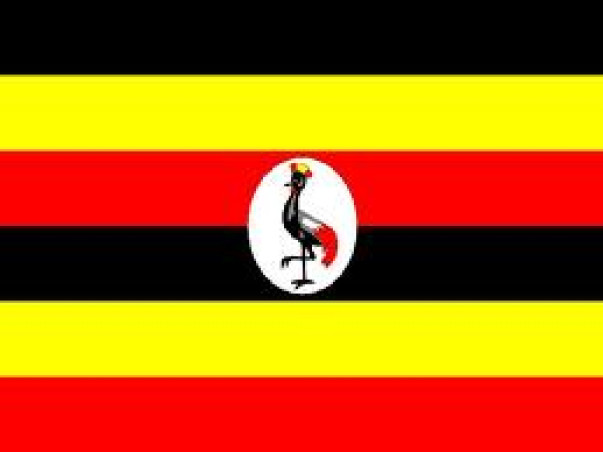Uganda: Mobile Money Ban - Commission Should Have Warned Ugandans

Last Thursday, Ugandans were disappointed when they discovered that they could not use their favourite social media applications such as Facebook, Twitter and WhatsApp.
It later emerged that, as some had anticipated, the Uganda Communications Commission had jammed these tools of communication on the premise that they could be used to incite violence.
For many, it was disappointing that they could not share the usual information and experiences - and all coming without warning. But we trusted that there must have been an overarching goal the ban was meant to serve.
What was difficult to take was to learn that even mobile telephone money transfers had been disabled on the orders of UCC, again citing grounds of security.
This ban affected thousands of Ugandans who have embraced the convenience that mobile money services bring. For people as far apart as Kabale and Kotido, the mobile money service allows one to pay for goods and services, make life-saving transfers or otherwise support stranded family and friends.
Of course we acknowledge that UCC must have detected a risk associated with mobile money, although the explanations that have trickled through have been far from convincing. However, we would like to urge the commission to treat Ugandans with more respect, by looking at the greater public good.
Unless UCC can show evidence of thousands - even hundreds - of mobile money transactions that were planned to cause mayhem, we believe the commission overreacted and, in the process, unnecessarily inconvinienced innocent Ugandans who hoped to send money to ailing relatives or even pay for services like water and power.
Every common service involves an element of risk: aeroplanes and buses crash or bring terrorists, schools catch fire, and askaris connive with thieves. But we keep them because the benefits outweigh the risks.
And assuming that decision was considered unavoidable, UCC could have worked with phone companies to inform clients on the eve of election day, that mobile money services would not be available for a specified period of time.
That way, citizens would have thought of alternatives.
SOURCE:THE OBSERVER
 Africas leading resource for digital financial services
Africas leading resource for digital financial services


comments